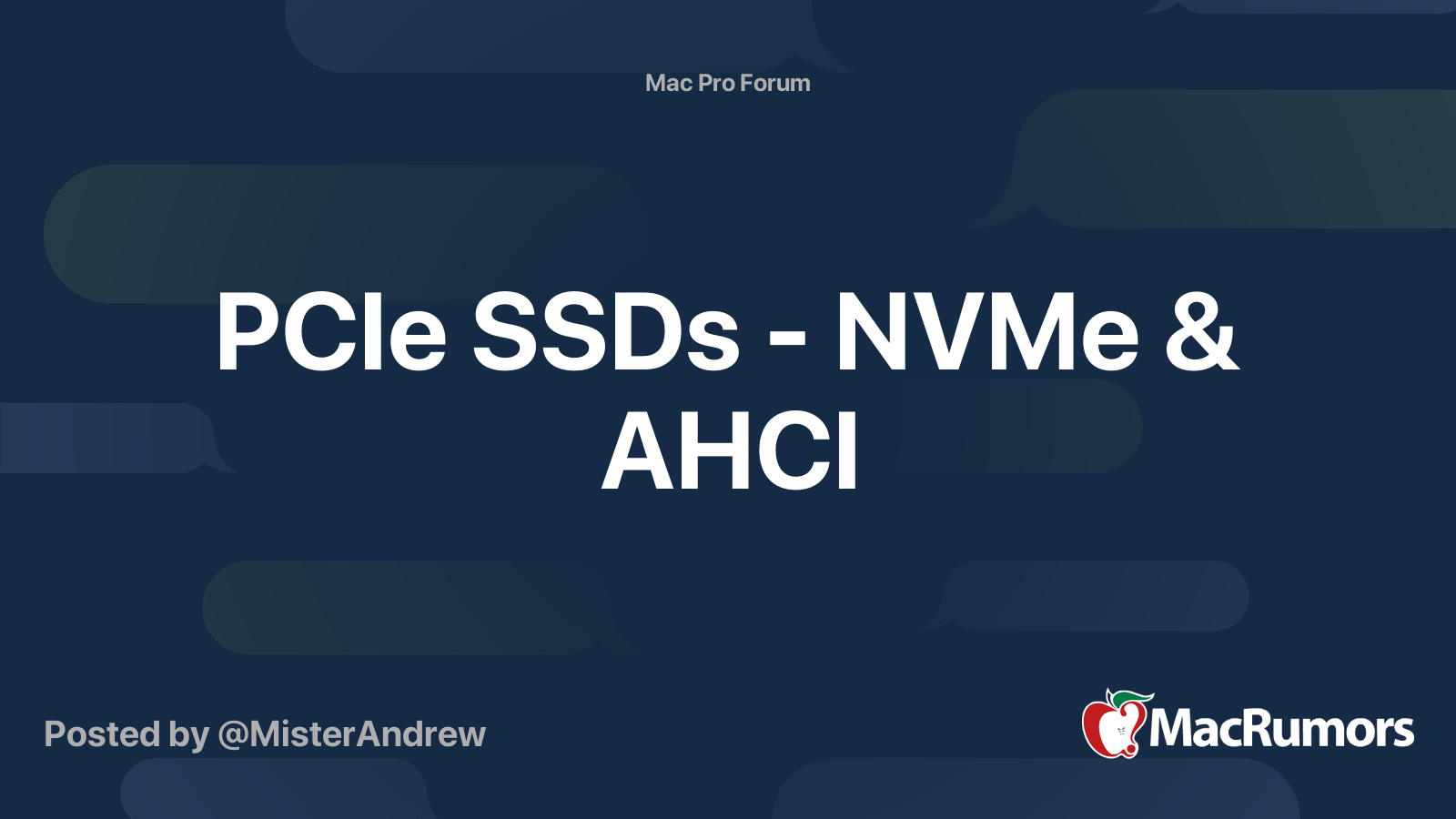Hello,
I'm planning to place an SSD RAID 0 in my Mac Pro.
Will this RAID really improve performance? So if I place two SSDs at 500MB/s write each, will I reach 1GB/s for the raid?
Is it possible to use a software raid as boot disk?
Or is it way better (or faster) to buy a RAID controller? (And if I need a RAID controller, must it then be the Apple's raid controller?)
I'm planning to place an SSD RAID 0 in my Mac Pro.
Will this RAID really improve performance? So if I place two SSDs at 500MB/s write each, will I reach 1GB/s for the raid?
Is it possible to use a software raid as boot disk?
Or is it way better (or faster) to buy a RAID controller? (And if I need a RAID controller, must it then be the Apple's raid controller?)
Last edited:



